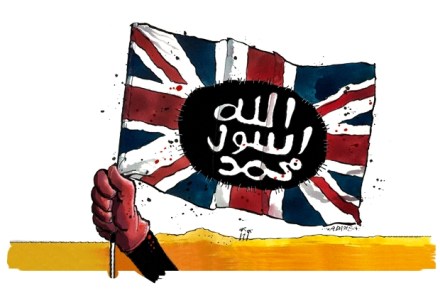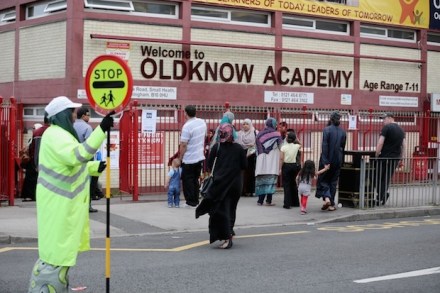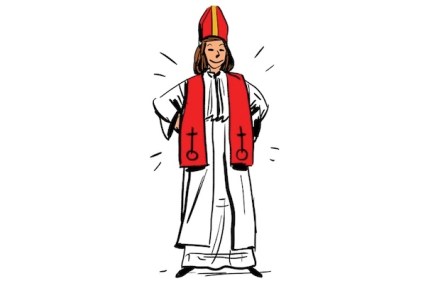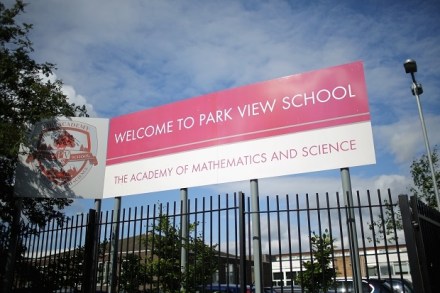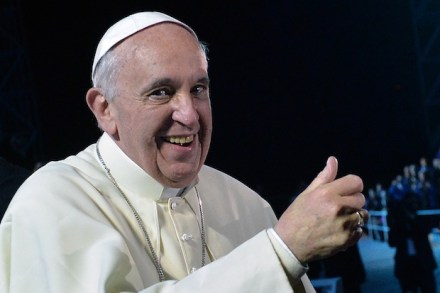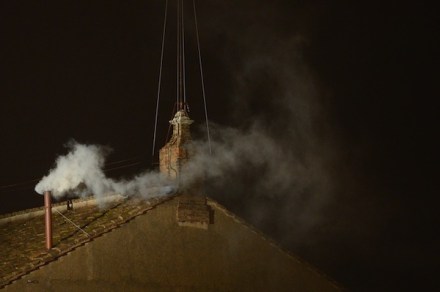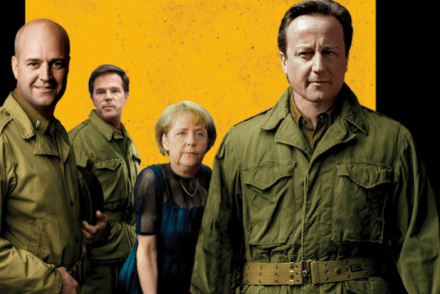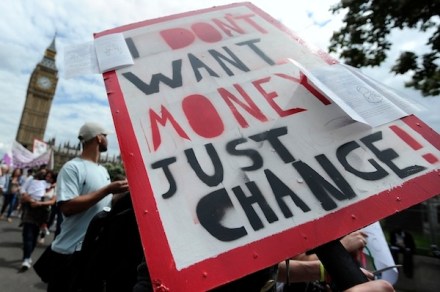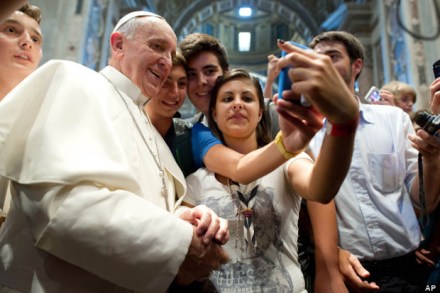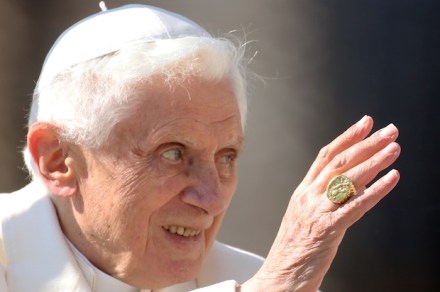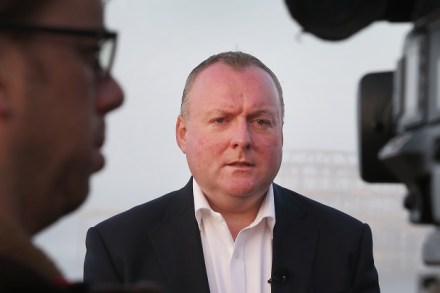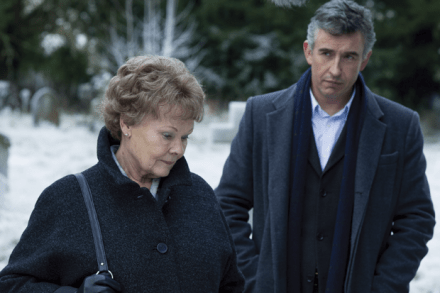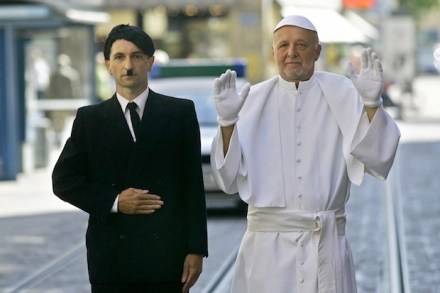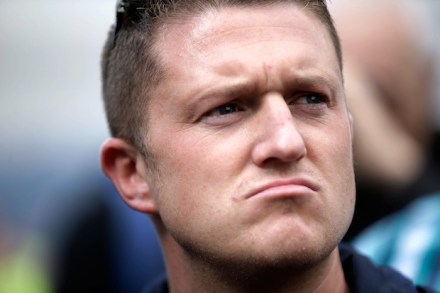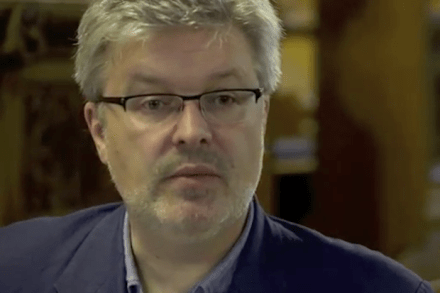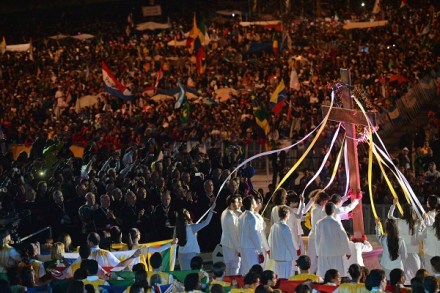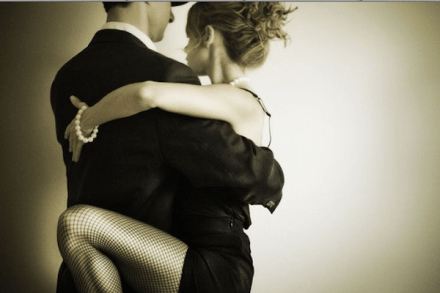Podcast: Britain’s jihad, the Pope vs the Vatican, and the existence of ‘The One’
[audioplayer src=”http://traffic.libsyn.com/spectator/TheViewFrom22_21_August_2014_v4.mp3″ title=”Britain’s jihad, the Pope vs the Vatican, and the existence of ‘The One'” fullwidth=”yes”] The View from 22 podcast [/audioplayer]The murder of James Foley by an Isis fighter ‘with a London accent’ has been treated with understandable revulsion. But we shouldn’t be surprised, says Douglas Murray in his cover piece this week. On this week’s podcast, he outlines how Britain came to be the West’s leading producer of ‘foreign fighters’. Shiraz Maher, one of Britain’s leading authorities on radicalisation, joins him, and explains why the British jihadis are regarded as some of the most vicious and extreme fighters. Just what is really going on in Pope Francis’s pontificate?
